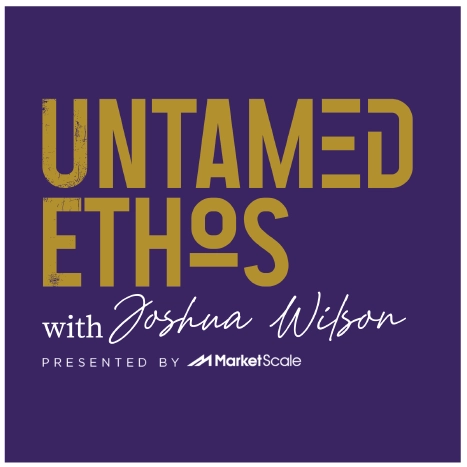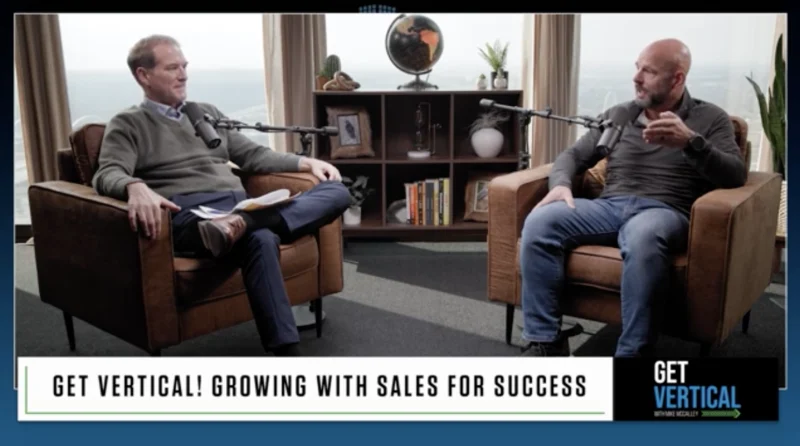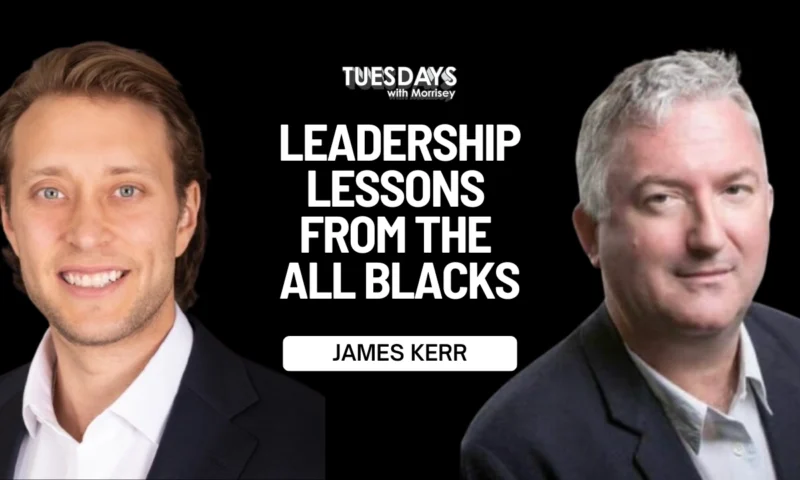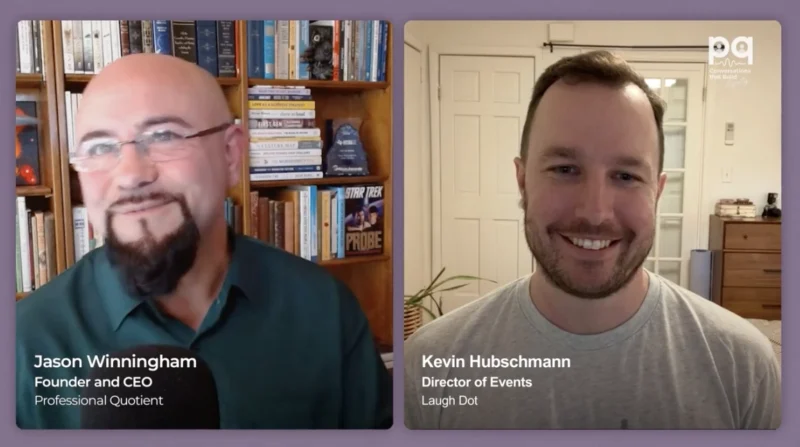Reshaping Research: How Conflicting Scientific Perspectives Unlock Deeper Insights
How can the convergence of conflicting scientific perspectives foster a more comprehensive understanding in research and academia, especially in an era where political and personal biases often cloud objective analysis? This question becomes increasingly relevant as we navigate the complex landscape of modern science and academia.
Dr. Cory Clark serves as the Executive Director of the Adversarial Collaboration Project at the University of Pennsylvania. Known for her research on moral and political psychology, she calls for a collaborative approach that unites scientists with differing views to unravel and resolve core disagreements. She believes the integration of conflicting scientific perspectives will help the future of scientific research and academia.
“What we’re trying to do is get scientists who’ve been disagreeing with each other and who do disagree with each other to work together, um, and figure out, okay, what is it we’re actually disagreeing on?” Dr. Clark said.
Article written by MarketScale.




